
A new video has been released at the start of British Food Fortnight (16 September-1 October) that shows how young people have come together to understand how farming can play a part in tackling the climate emergency.
The How Farming Can Cool the Planet project, which is funded by Farming the Future*, is a collaboration between The National Federation of Young Farmers’ Clubs (NFYFC), SOS-UK and FLAME (the youth branch of the Landworkers Alliance) and involves young people from a diverse range of backgrounds.
The project brought together students, young farmers and FLAME, the youth branch of the Landworkers Alliance, to exchange views and ideas. The aim of the project was to engage young people in the food and farming movement through their existing passion to tackle the climate crisis.
The video includes comments from young people who took part in farm visits and events during the year that demonstrated ways farming is part of the climate and food production solution.
Unless students are directly studying agriculture or are from a farming background, they don’t often visit farms. Despite this, many of them are passionate about the climate and nature crises.
In a survey of 1200 students, carried out by SOS-UK in 2021, 78% said that if they knew more about the environmental impact of food production, they would be willing to make changes to reduce their impact.
The project enabled students to see and understand how food is produced and to understand the positive impact agroecological farming methods are having. They also had the chance to talk to young people who have spent their lives producing food, and to those who advocate for food and land justice.
The three organisations are collaborating to inspire young people to consider the many options for farming, food production and caring for the environment.
Lawrence Weston, a young person involved in FLAME who has taken part in the farm visits, said:
"It's been really great to meet like-minded young people during the How Farming Can Cool the Planet project. I've met people who I might not ordinarily come into contact with, but share many of the same values. The knowledge sharing aspect of the project has been insightful."
Young people involved in the project produced a series of infographics to use on social media to raise awareness of the project’s aims. Short soundbites that feature voices from those involved in the project will also be shared on social media to disseminate a range of thoughts on the importance of food, farming, and the environment.
Ruihan Zhu, a student at the University of Oxford, said:
“The How Farming Can Cool the Planet project provides an opportunity for students to learn more about the agrifood system. Through field visits and interactive activities, I have gained new knowledge of sustainable agriculture outside the classroom.”
For young farmers adapting to the government’s new Environmental Land Management (ELM) Scheme, the project has given them the chance to share their experiences and gain further knowledge about sustainable food production.
Farm visits included a tour of Abbey Home Farm in Gloucestershire as part of a visit to the Land Skills Fair, a guided tour of the Knepp Castle Estate and its regenerative farming project in Sussex, as well as a tour of Yeo Valley’s organic farm in Somerset.
The Chair of NFYFC’s Agriculture and Rural Issues group Charlotte Garbutt said the project was uniting young people to better understand food production challenges at a critical time.

With food security issues of prominence following on from Brexit, the pandemic and now the war in Ukraine, this project is highlighting the importance of sustainable food production.
The How Farming Can Cool the Planet project has enabled young farmers to share the positive work the agricultural industry is already doing to be more sustainable and to hear climate concerns from other young people. It has been a positive way to dispel myths and to demonstrate how farming can also support the environment.
Charlotte Garbutt
YFC AGRI Chair


The three organisations have shared opportunities for their respective members to attend relevant meetings, visits or seminars. Rosie Finney, former NFYFC Youth Forum Chair attended the SOS-UK Student Sustainability Summit and this summer’s Food Ethics Council meeting, and all will be invited to attend Lantra workshops to develop future training on soil.
Due to the project’s success, Farming the Future has awarded further funds and stakeholders plan to continue creating opportunities for young people by:
The project video will be shared on YouTube and the three project partners’ websites, with extracts will be shared on social media.
*Farming the Future Collective Fund is a restricted fund under the auspices of Prism the Gift Fund (charity number 1099682).